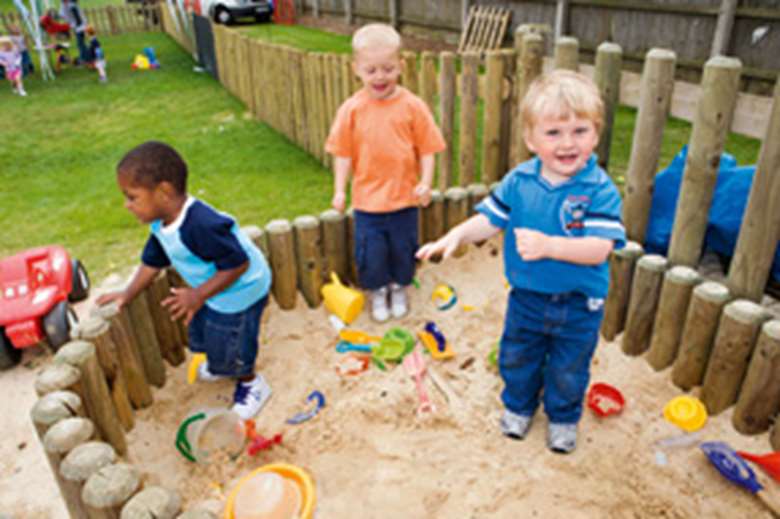Health visitors to be trained to spot communication problems earlier
Joe Lepper
Friday, March 1, 2019
Health visitors are to receive specialist training to help spot speech, language and communication problems among disadvantaged children at an early stage.

The training is being offered to 1,000 health visitors working in areas of deprivation so that they can carry out speech, language and communication checks during their routine visits to two-year-olds.
It is hoped the move will reduce the gap in communication skills between disadvantaged children and their peers. Children who start school with a poor vocabulary are twice as likely to be unemployed as an adult, according to the Department for Education, which is rolling out the initiative with Public Health England.
Initially, 400 health visitors in 49 council areas with high levels of deprivation will be trained this year, with the remaining 600 receiving the training in 2020.
In addition, health visitors in Derbyshire, Newham, Middlesborough, Wakefield and Wiltshire will pilot an early language assessment tool this summer, ahead of a national rollout next year. This is being created to assist health visitors in their assessments and also take into account concerns around language issues raised by parents and carers.
"Health visitors have trusted relationships with families and play a vital role in supporting young children's health and wellbeing," said Public Health England chief nurse Viv Bennett.
"This important new training will help more children develop the language and literacy skills they need to reach their full potential, ensuring that specialist support gets to those that need it most."
The announcement comes just days after a House of Commons health and social care committee report called for health visitors to play a greater role in supporting disadvantaged young children. This recommended increased funding for health visiting services and an extra check added when a child is between three and three and a half years old to check on their development and ensure they will be ready to start school.
- Analysis: The future of early intervention: roundtable debate
- Analysis: Health visitors: five key changes
The government has also announced it is to give an extra £24m to councils for maintained nursery schools, a group of settings that often have a high proportion of children with additional needs.
Councils surveyed by the Local Government Association last year had warned that maintained nursery schools could be forced to close due to funding cuts.
Latest government statistics show that the proportion of children with special educational needs and disabilities (SEND) who attend maintained nurseries is 12.8 per cent, compared with 6.3 per cent of three- and four-year-olds with a SEND in the general population.
"Being able to communicate and express yourself is the gateway to success, not just in school but in later life," said children and families minister Nadhim Zahawi.
"It's these crucial early years that make the most impact on a child's future path - because for those children who start out behind their peers, it's so much harder to catch up.
"The evidence tells us that we need to improve children's communication and language before they arrive at school, when so much of a child's time is spent at home, to help get them on track to be confident, able learners."




